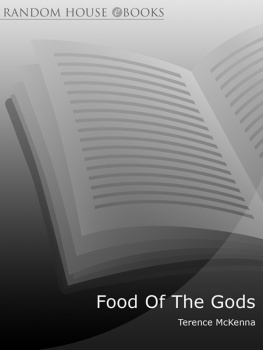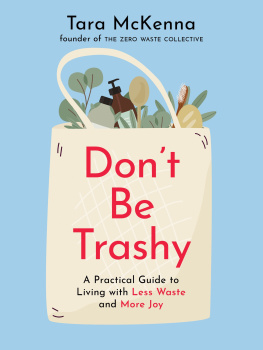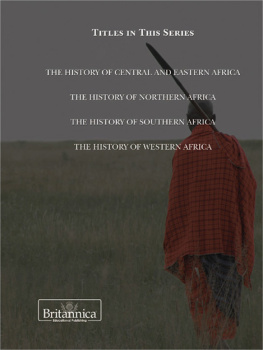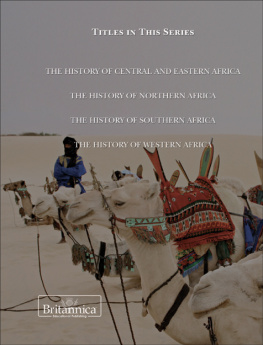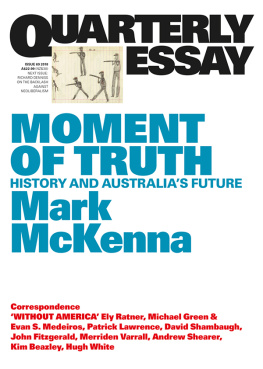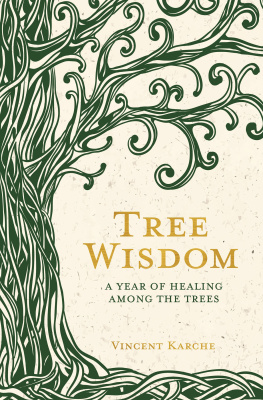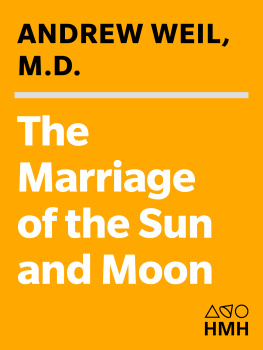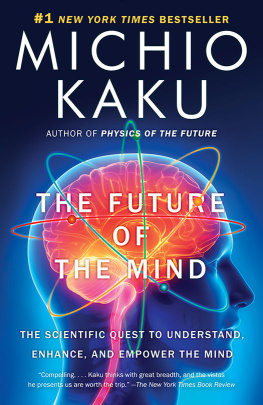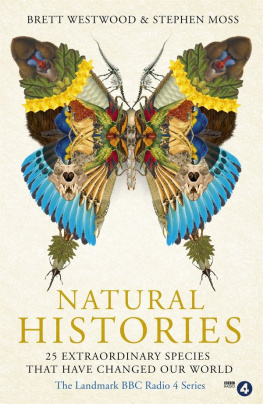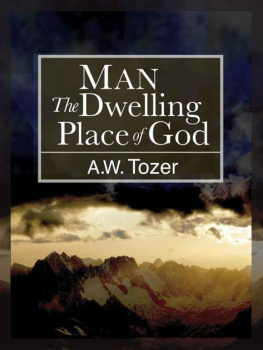Food
OF THE
Gods
The SEARCH for the
ORIGINAL TREE
of KNOWLEDGE
A RADICAL HISTORY OF PLANTS,
DRUGS AND HUMAN EVOLUTION
TERENCE McKENNA

RIDER
London Sydney Auckland Johannesburg
This eBook is copyright material and must not be copied, reproduced, transferred, distributed, leased, licensed or publicly performed or used in any way except as specifically permitted in writing by the publishers, as allowed under the terms and conditions under which it was purchased or as strictly permitted by applicable copyright law. Any unauthorised distribution or use of this text may be a direct infringement of the authors and publishers rights and those responsible may be liable in law accordingly.
Version 1.0
Epub ISBN 9781407061283
www.randomhouse.co.uk
Copyright Sarah Rossbach 1984
All rights reserved
9 10
First published in the US in 1992
by Bantam Books, New York
This edition published in 1992 by Rider
An imprint of Random House Ltd,
20 Vauxhall Bridge Road, London SW1V 2SA
www.randomhouse.co.uk
Random House Australia (Pty) Limited
20 Alfred Street, Milsons Point, Sydney,
New South Wales 2061, Australia
Random House New Zealand Limited
18 Poland Road, Glenfield,
Auckland 10, New Zealand
Random House (Pty) Ltd
Isle of Houghton, Corner of Boundary Road & Carse OGowrie,
Houghton 2198, South Africa
Random House Publishers India Private Limited
301 World Trade Tower, Hotel Intercontinental Grand Complex,
Barakhamba Lane, New Delhi 110 001, India
Reprinted 1994 (twice), reprinted 1997
This edition published in 1999
Printed and bound in Great Britain by
Cox & Wyman Ltd, Reading, Berkshire
The right of Terence McKenna to be identified
as the author of this work has been asserted
by him in accordance with Copyright, Designs
and Patents Act, 1988
A catalogue record for this book is available
from the British Library
ISBN 9780712670388

CONTENTS
For
Kat
Finn and Klea
ALSO BY TERENCE McKENNA
THE INVISIBLE LANDSCAPE
with Dennis McKenna
PSILOCYBIN: THE MAGIC MUSHROOM GROWERS GUIDE
with Dennis McKenna
TRUE HALLUCINATIONS
ACKNOWLEDGMENTS
I wish to thank my friends and colleagues for their patience and encouragement in the writing of this book, especially Ralph Abraham, Rupert Sheldrake, Ralph Metzner, Dennis McKenna, Chris Harrison, Neil Hassall, Dan Levy, Ernest Waugh, Richard Bird, Roy and Diane Tuckman, Faustin Bray and Brian Wallace, and Marion and Allan Hunt-Badiner. Thanks also to correspondents Dr. Elizabeth Judd and Marc Lamoreaux who passed along useful information. Each made their own unique contribution to my thinking, though my conclusions are mine to defend.
Archivist and friend Michael Horowitz made a deep contribution to this work. He read and criticized the manuscript carefully and made available the pictorial archives of the Fitz Hugh Ludlow Memorial Library, thus tremendously enriching the visual side of my argument. Thank you, Michael.
Special appreciation is offered to Michael and Dulce Murphy, Steve and Anita Donovan, Nancy Lunney, Paul Herbert, Kathleen OShaughnessy, and all of Esalen Institute for providing me with an opportunity to be the Esalen Scholar in Residence in June of 1989 and 1990. Parts of this book were written during those residencies. Thanks also to Lew and Jill Carlino and Robert Chartoff, patient friends who listened to parts of this book without, perhaps, realizing it.
My partner Kat, Kathleen Harrison McKenna, has long shared my passion for the psychedelic ocean and the ideas that swim there. In our voyages to the Amazon and elsewhere she has been the best possible companion, colleague, and muse.
Kat and my two children, Finn and Klea, supported me through writing this book, immune to my many moods and prolonged periods of writers hibernation. To them I offer my deepest love and appreciation. Thanks for hanging in there, guys.
Very special thanks to Leslie Meredith, my editor at Bantam Books, and to her editorial assistant, Claudine Murphy. Their unflagging belief in the importance of these ideas was an inspiration to clarify and extend my thinking into new areas. Thanks also to my agent, John Brockman, who led me through the special initiation that only the Reality Club can give.
Lastly I want to acknowledge my deep debt to the psychedelic community, the hundreds of people that it has been my privilege to come into contact with during a lifetime spent in the pursuit of even a glimpse of the peacock angel. It is the shamans among us, both ancient and modern, those whose eyes have gazed on sights previously unseen by anyone, it is they who showed the way and who were my inspiration.
INTRODUCTION:
A MANIFESTO FOR NEW THOUGHT ABOUT DRUGS
A specter is haunting planetary culturethe specter of drugs. The definition of human dignity created by the Renaissance and elaborated into the democratic values of modern Western civilization seems on the point of dissolving. The major media inform us at high volume that the human capacity for obsessional behavior and addiction has made a satanic marriage with modern pharmacology, marketing, and high-speed transportation. Previously obscure forms of chemical use now freely compete in a largely unregulated global marketplace. Whole governments and nations in the Third World are held in thrall by legal and illegal commodities promoting obsessional behavior.
This situation is not new, but it is getting worse. Until quite recently international narcotics cartels were the obedient creations of governments and intelligence agencies that were searching for sources of invisible money with which to finance their own brand of institutionalized obsessional behavior.
We are beset by the sad spectacle of drug wars waged by governmental institutions that usually are paralyzed by lethargy and inefficiency or are in transparent collusion with the international drug cartels they are publicly pledged to destroy.
No light can penetrate this situation of pandemic drug use and abuse unless we undertake a hard-eyed reappraisal of our present situation and an examination of some old, nearly forgotten, patterns of drug-related experience and behavior. The importance of this task cannot be overestimated. Clearly the self-administration of psychoactive substances, legal and illegal, will be increasingly a part of the future unfolding of global culture.
AN AGONIZING REAPPRAISAL
Any reappraisal of our use of substances must begin with the notion of habit, a settled tendency or practice. Familiar, repetitious, and largely unexamined, habits are simply the things that we do. People, says an old adage, are creatures of habit. Culture is largely a matter of habit, learned from parents and those around us and then slowly modified by shifting conditions and inspired innovations.
Yet, however slow these cultural modifications may seem, when contrasted with the slower-than-glaciers modification of species and ecosystems, culture presents a spectacle of wild and continuous novelty. If nature represents a principle of economy, then culture surely must exemplify the principle of innovation through excess.
When habits consume us, when our devotion to them exceeds the culturally defined norms, we label them as obsessions. We feel, in such situations, as though the uniquely human dimension of free will has somehow been violated. We can become obsessed with almost anything: with a behavior pattern such as reading the morning paper or with material objects (the collector), land and property (the empire builder), or power over other people (the politician).

